How identity politics destroyed Rochelle Hicks’ world
When he was elected NSW Premier, Chris Minns appeared to be a thoroughly modern man. What a disappointment.
Minns, a fresh face despite his long history in the Labor movement, appeared to be a thoroughly modern man, staying at home to look after his kids when his wife set up a business.
Best of all, Minns was regarded by many as more in the model of an (early) Paul Keating than a (late) Gough Whitlam – meaning he was pragmatic, sensible. He had run-ins with unions. In his inaugural speech, Minns recognised that union control of the party was not healthy. Some union leaders said they would never support him. One said Minns would be better “having a crack at leadership of the Liberal Party”.
Minns’s win meant an electoral wipeout across mainland Australia for the Liberal Party. This was a tribute to Minns but it does signal a significant risk to the kind of competitive federalism that brings innovation in governance. Still, Minns seemed worth a shot.
Introducing the new NSW Premier-elect that March evening, Prime Minister Anthony Albanese lauded Minns’ “vision, compassion, and integrity”. Almost a year later, Minns has a chance to demonstrate each quality – along with that other important trait: leadership.
In one fell swoop, the NSW Labor Premier could make a lasting mark on the country. He could use his new leadership role to signal that identity politics is for fools and that workplace claims must be dealt with according to proper processes. Only then is there some hope of stopping the rot embedded in all kinds of institutions in this country, including sections of the media.
The Labor government’s handling of the Rochelle Hicks matter has revealed what happens when identity politics merges with Labor’s old-style brute politics. As one lawyer told me this week, that political merger has turned into a highway to hell.
That’s the road the successful and highly regarded senior executive within Transport for NSW has been forced down. Hicks had project managed the Coffs Harbour Bypass, a $2.2bn infrastructure project. Her performance reviews were excellent. Her career was headed in one direction – up.
That was until her world came crashing down after bureaucrats above her refused to take seriously a death threat made against her made by Indigenous man Ian Brown. Hicks wanted Brown removed for the safety of her workplace, given he had made threats against her and others. In other workplaces, a bad joke could get you tossed out.
Instead, at Transport for NSW, according to its own internal documents, senior bureaucrats decided they should take no action against Brown because he was an influential Indigenous man and a “cultural knowledge holder”. Instead, they tried to get rid of Hicks.
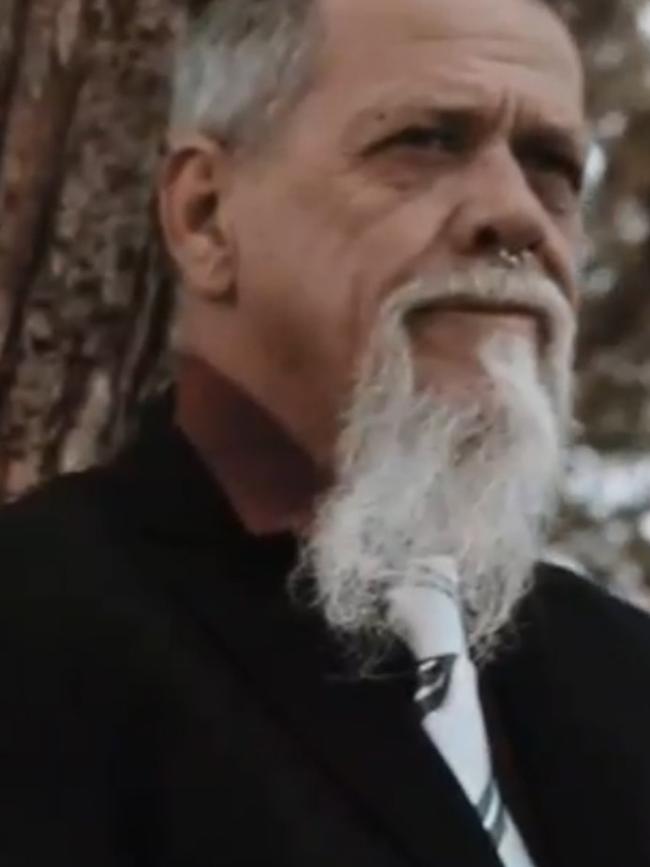
If ever we needed reminding of the wretched influence of identity politics, of its dire and unfair outcomes, here it is. The first reaction of Transport bureaucrats was to effectively side with an Indigenous man who threatened to kill a white woman. They wanted to have the white woman removed. Hicks was forced to stay at home to protect her safety.
Senior public servants in the NSW Transport Department allocated a higher rung in the hierarchy of victimhood to the Indigenous man and perpetrator of the death threat. The white woman who was the subject of a death threat was treated by the public servants as expendable.
So much for the NSW Transport Department’s promise to end gendered violence and to make all workplaces safe for women.
The rot is so deep that when The Australian exposed this scandal, department bureaucrats organised professional psychological support, not for Rochelle Hicks, but for other public servants who may have been upset at our coverage of the debacle.
This baloney should be the stuff of comedy … except there is nothing remotely funny about the mistreatment of Rochelle Hicks.
A mother of two young children, Hicks should be lauded by her bosses as a role model for other women to consider successful and rewarding careers in the male-dominated infrastructure industry. And an example should have been made of the man who made a death threat against her. His swift removal would have signified that the department took violence, and threats of violence, against women very seriously. Instead, Hicks has been forced to engage lawyers; her career is on hold as she fights to be fairly compensated for the end of her successful career.
If departmental heads within Transport are flinching, they have only themselves to blame. It’s their fault that this matter has now entered the political arena.
Now that politicians are involved, Minns has a chance to show the sort of leadership that has been absent throughout this debacle. But, sadly, so far the reaction of the NSW Labor government suggests Minns is just another Labor hack who favours brute politics over doing the right thing.
When National MP Sam Farraway brought a motion to release internal department documents in response to our coverage in November, the Minns government blocked the motion. So much for leadership.
As The Australian reported, one Labor ministerial staffer even tried to smear Hicks to a crossbencher as mentally unstable to avoid internal documents being released. So much for integrity and compassion.
Hicks was delivered another blow when those other political hypocrites, the Greens, sided with Labor. We should never again take seriously the words of NSW Greens MPs about wanting to to protect women against violence.
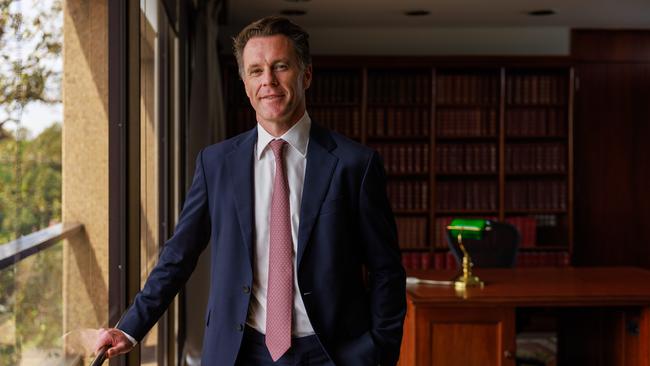
Release of the documents supported Hicks’ version of events and revealed Transport bureaucrats behaving very badly indeed. The Greens should be in uproar. Instead, they are silent, pathetic patsies to identity politics. These tossers apparently believe all women – except when a black man threatens violence against a white woman.
It was never in anyone’s interest to follow the bone-headed mantra of the left that we “believe-all-women”. Minns need look no further than to the Prime Minister to understand the dangers of that approach.
The Albanese government’s handling of Brittany Higgins’s workplace complaint is the high water mark of maniacal devotion to that inherently flawed ideology. Proper processes were not followed. Higgins’ complaints against her former Liberal bosses were not tested. Some of Australia’s most senior lawyers who have read the Deed of Settlement in Higgins’ favour have laughed out loud at the utter legal crookedness of Labor paying $2.4m to Higgins to inflict political damage on senators Linda Reynolds and Michaelia Cash, and senior Liberal staffer Fiona Brown.
The Higgins matter was patently not handled on its merits by the Albanese government or the Finance Department.
If, from the start, the Hicks matter had been handled on its merits by her bosses, rather than through the warped filter of identity politics, Transport bureaucrats wouldn’t look like a bunch of overpaid muppets.
If the Minns government had dealt with the Hicks saga on its merits from the start, rather than choosing brute politics, it wouldn’t be knee-deep in this mess either.
If political leaders don’t do the right thing from the start, why would bureaucrats?
It’s not too late. Minns should demand that any public servants who have mishandled, lied or been misleading in this matter should be removed from their positions. The public deserves to have competent people in senior roles paid from the public purse.
Maybe the scourge of identity politics is best confronted by a Labor leader. That applies equally to the trainwreck of workplace claims that has defined the Albanese government’s approach to Higgins. Maybe then the left-wing media in this country will sit up and take note.
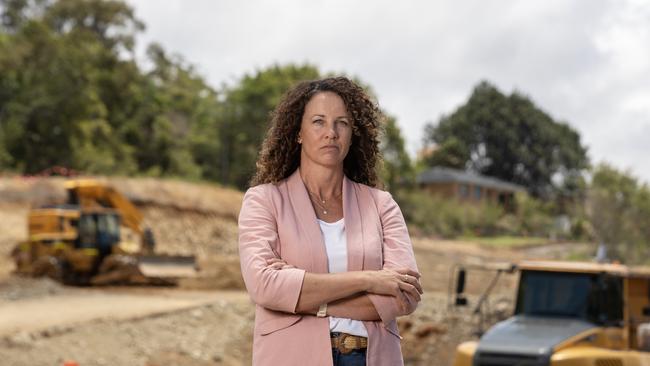
Consider this. The axis of left-wing media has shown no interest in a scandal that unfolded after a department failed to act when an Indigenous man working on one of its major infrastructure projects threatened to kill a senior and highly successful white woman responsible for the project. Hello ABC, The Guardian and Nine Newspapers – where are you? The conspicuous silence of these media outlets suggests they think it is perfectly fine for an Indigenous man to make credible death threats against a woman. They seem to be saying, as does the Minns government, that we are committed to ending violence against women unless it is committed by influential Indigenous men. Their silence effectively says all workplaces should be safe for women unless the threat comes from Indigenous “cultural knowledge holders”.
The silence of the left-wing axis of media influence is not only hypocritical in the extreme but unprofessional. Their decision that this story is not newsworthy means their readers are denied an important story that reveals the rot of identity politics. If these media outlets are not interested in reporting this story, it follows they are not interested in knowing or reporting on how often this warped hierarchy of Indigenous favouritism is responsible for misidentifying victims in other workplaces in this country.
Finally, it is worth noting that this dismal spectacle of senior NSW public servants creating different rules for different people is a potent reminder of what Australian workplaces may have become if the voice had been enshrined in our Constitution. Though readers didn’t learn it from reading the Nine papers, or The Guardian or the ABC, we would very likely have been forced to endure identity politics on constitutional steroids. We don’t know how often the workplace injustice suffered by Hicks is happening already in other workplaces but it’s a safe bet that the voice would have led to many, many more.
Minns should remember the good sense of the average voter.


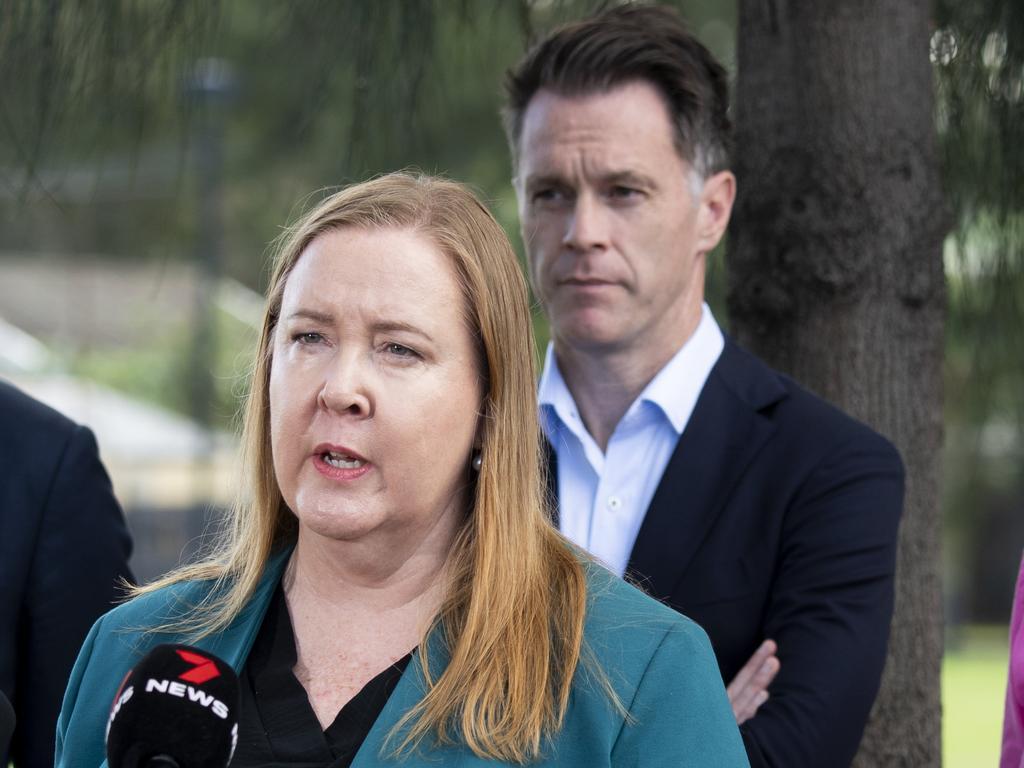

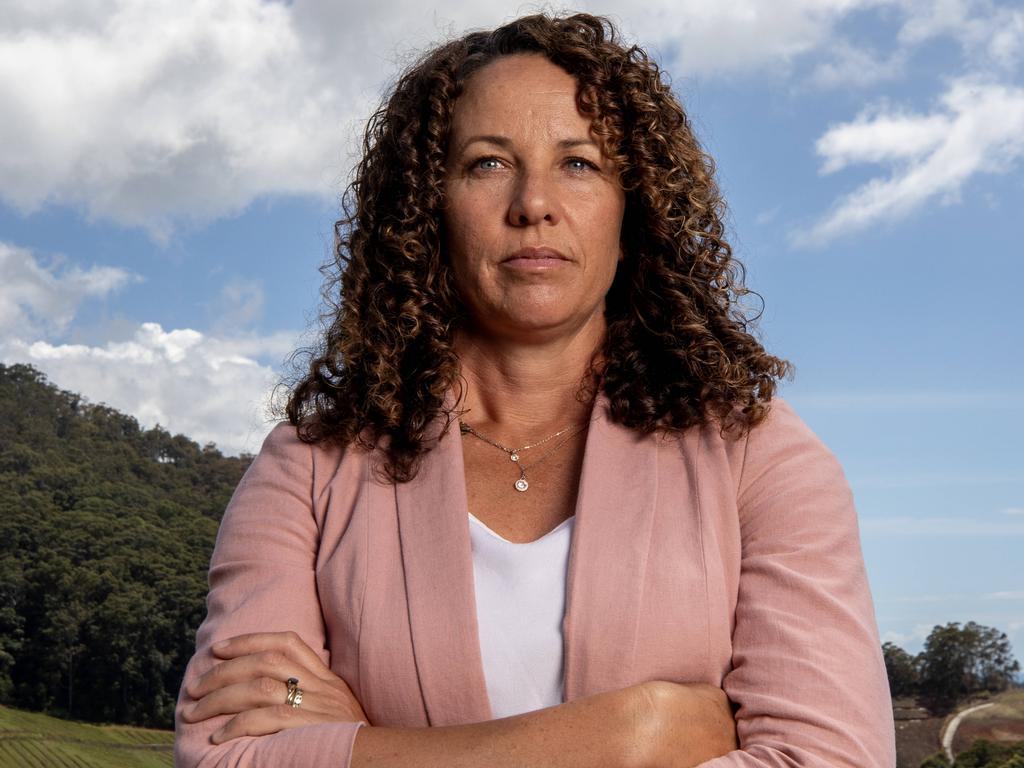



When Chris Minns was elected NSW Premier last year, many of us thought the man had promise. He seemed remarkably normal for a politician, let alone one who had climbed the greasy pole to the Labor leadership. Here was an opportunity for NSW Labor to rid itself of its recent rotten past, where bad men like Eddie Obeid took his puppets in the party, along with the state, down a dark political road.